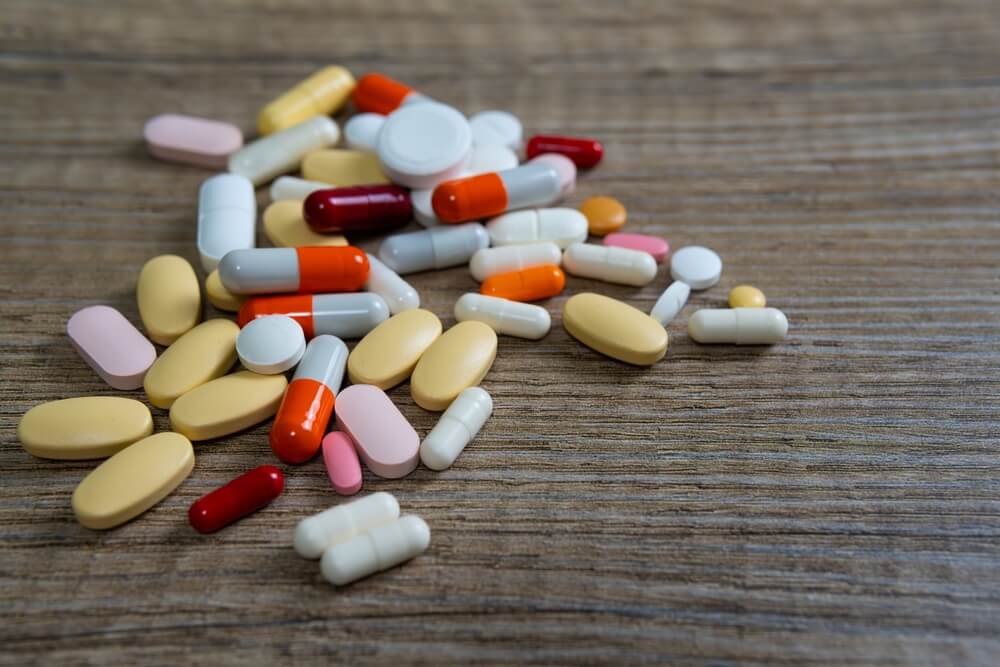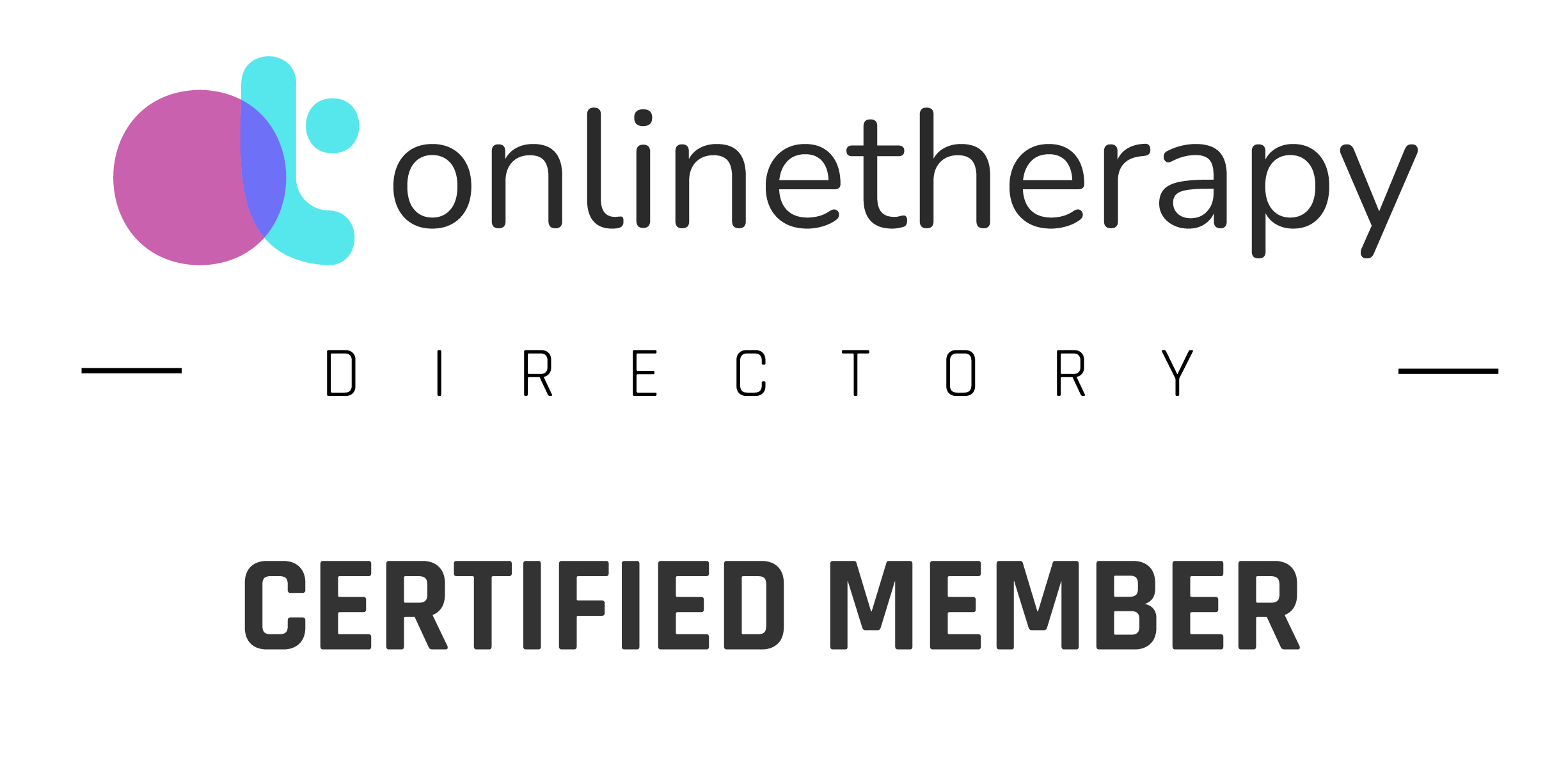Self-medication, diagnosing and treating one’s ailments without medical advice, is a practice as old as time. With the plethora of over-the-counter (OTC) drugs available and the vast expanse of information on the internet, the temptation to self-prescribe can be alluringly deceptive. However, this seemingly innocent practice can lead to dire consequences, and unleash the dangers of self-medication.
Here, we’ll uncover the deep-rooted issues behind self-medication, the common pitfalls, and why seeking professional help is paramount for our health and well-being.
Understanding the Dangers of Self-Medication
With the hustle and bustle of modern life, it’s unsurprising that many resort to self-treatment as a practical measure. However, what lies beneath the surface is a minefield of potential health hazards. Misdiagnosis, incorrect dosages, and dangerous drug interactions are just the tip of the iceberg.

Misdiagnosis: Masking Underlying Conditions with Over-the-Counter Medications
The symptoms we experience are only the body’s signaling that something is amiss. By numbing these indicators with OTC medications, we might unwittingly sweep more severe health issues under the rug. A headache could very well be a symptom of dehydration or indicate a serious underlying illness. Without proper diagnosis, we’re merely speculating and potentially worsening our health.
Incorrect Dosage: The Risks of Taking Too Much or Too Little Medication
The human body is a complex and delicate system that requires precise conditions for optimal functioning. Self-administering medications often lead to dosing errors. Taking too little of a drug may render it ineffective, while an overdose can lead to toxicity, organ damage, or even death.
Dangerous Drug Interactions: Unforeseen Consequences of Mixing Medications
In today’s age, the likelihood of taking multiple medications is higher than ever. When these drugs interact, they can throw the body’s chemistry off balance, leading to adverse and sometimes life-threatening side effects. We cannot overstate the importance of a professional healthcare provider’s role in managing these interactions.
Why We Self-Medicate: Exploring the Underlying Reasons
The reasons behind self-medication can be as diverse as the individuals who partake in it. Financial constraints, the desire for control, or misinformation spur this dangerous activity.

Difficulty Accessing Healthcare: Lack of Insurance or Long Wait Times
For many, the burgeoning cost of healthcare and lack of insurance pose significant barriers to professional medical attention. Even for those with access, long wait times can deter individuals from seeking help promptly.
The Illusion of Control: Taking Charge of Symptoms Without a Doctor’s Help
Self-medication seems like a logical extension of self-reliance in a society that reveres autonomy and control. Yet, in healthcare, control can be a double-edged sword that often cuts in the form of delayed, inadequate, or misinformed treatments.
Misinformation and Self-Diagnosis: Relying on Unreliable Online Sources
The internet is a double-edged sword; while it provides vast information, sifting through reliable and inaccurate sources can be daunting. An incorrect self-diagnosis based on online searches can lead to further self-harm and delayed interventions.
The Importance of Seeking Professional Medical Help
Exposing and understanding the pitfalls of self-medication underscores the criticality of professional medical intervention. A healthcare professional’s guidance is a beacon of light in health-related uncertainty.

Accurate Diagnosis and Treatment Plans
Healthcare professionals, armed with years of training and experience, are adept at untangling the complicated web of symptoms to arrive at accurate diagnoses. These diagnoses serve as the foundation of effective treatment plans.
Personalized Care: Tailoring Treatment to Your Unique Needs
One-size-fits-all remedies lack the nuance required to address the intricacies of individual health. Personalized care ensures that treatments are specific to one’s health profile, optimizing efficacy and safety.
Safe and Effective Medication Management by a Qualified Healthcare Provider
Medication management is a delicate process that safeguards against dosage errors and potential complications. Qualified healthcare providers oversee this process, ensuring that the drugs you take serve to heal rather than harm.
We Can Help You
The temptation of self-medication is relatable, but its practice is laden with risks. By recognizing the complexities and dangers of self-medication, we can cultivate a new understanding of our health needs.
Seeking professional medical help is not admitting weakness but a proactive step towards personal well-being. In the marathon of life, it’s the small, sustained steps that lead to the finish line and not the reckless sprints that self-medication represents.
At Mind and Body Counseling Associates, we provide psychiatric medication management and therapy services to address mental health concerns. Our team of healthcare professionals dedicates themselves to providing personalized, evidence-based care to support your overall well-being. Contact us today to schedule a session and take a positive step toward your health journey.
Why Is Learning About Medication Important?
Medication can play a monumental role in disease management, alleviating symptoms, and even saving lives. However, it can lead to severe consequences without proper understanding and guidance. Youth education on medication falls into the ‘prevention’ category of health literacy, which focuses on removing harmful practices before they start.
Understanding Medication
Before youth can be expected to uphold responsible practices, they must understand what they are. Medications are powerful tools for overcoming health issues such as infections, chronic illnesses, and mental health conditions. They come in various forms, including pills, liquids, inhalers, injections, and more.
However, medications also have potential risks and side effects. Learning about medication can help youth understand how they work in the body and how to use them safely to avoid unintended consequences.
The Risks of Self-Medication in Older Adults

Different Types Of Medications
The variety of medicines available is vast, from over-the-counter (OTC) drugs to prescription medications. Diving into the classifications and purposes of different drugs will help demystify the often-confusing landscape of medications. The most common types of medications include:
- Analgesics: used to relieve pain and inflammation, such as ibuprofen or acetaminophen.
- Antibiotics: used to treat bacterial infections, like penicillin or amoxicillin.
- Antidepressants: used to manage depression and other mental health conditions, such as sertraline or fluoxetine.
- Antihistamines: used to manage allergies, like loratadine or cetirizine.
- Antacids: used to relieve heartburn and acid reflux, such as omeprazole or ranitidine.
- Birth control pills: used to prevent pregnancy, such as combination pills or progestin-only pills.
Importance Of Reading Labels And Following Instructions Carefully
The label on a medication package is not just for decoration; it’s a critical guideline crafted to ensure proper administration and avoid misuse. Reading carefully is a must when deciding to take medication since it contains vital information such as:
- The medication’s name and purpose
- Dosage and strength
- Instructions for consumption, such as with food or before bedtime
- Possible side effects and interactions with other medicines
Failing to follow label instructions can result in harmful consequences, especially when mixing different drugs or taking the wrong dosage.
Medication Safety Practices

Teaching safe medication practices is akin to imparting life-saving skills. Here are some best practices that you should be following:
- Taking the correct dosage and frequency: Overdosing or underdosing due to self-medication are equally dangerous practices. Young individuals must learn the principles of calculating and administering the correct dosage and abide by prescribed schedules.
- Storing medications properly: Medications are sensitive to a variety of environmental factors. Understanding how to store them correctly ensures that their efficacy and safety are maintained.
- Recognizing and avoiding expired medications: Medicines are not timeless. An expired medication may not only be ineffective but potentially harmful. Youth must be taught to check expiration dates and understand their importance.
- Medication interactions with food or other drugs: Compounds in some medications can interact negatively with foods or other drugs, sometimes with adverse effects. Education in this area is crucial in managing one’s health effectively.
Communication and Responsibility
Engaging with the medical community and taking personal accountability are pillars of responsible medication practices.

Importance Of Talking To A Doctor Or Pharmacist About Questions Or Concerns
Youth must be encouraged to ask questions and express concerns without hesitation. A culture of open communication with healthcare professionals fosters a responsible approach to medication.
Never Sharing Medications With Others
Medication is personal and should never be shared, even if symptoms or conditions appear similar. This is an important point to convey, especially to young adults who may encounter peer pressure related to pharmaceutical use.
Informing Healthcare Providers About All Medications Being Taken
Doctor’s appointments are incomplete without a thorough discussion about all medications. Educating youth about this responsibility will help them appreciate the larger picture of their health and treatment regimen.
Get The Support Of Our Experts
Medications are beneficial if used properly. However, not knowing the risks of overdosing can cause many problems. At Mind and Body Counseling Associates, our experts can help you understand how to use medication correctly.
We can also offer support for any questions or worries you may have. Don’t hesitate to reach out to us for assistance and to learn more about our medication management for mental health.

